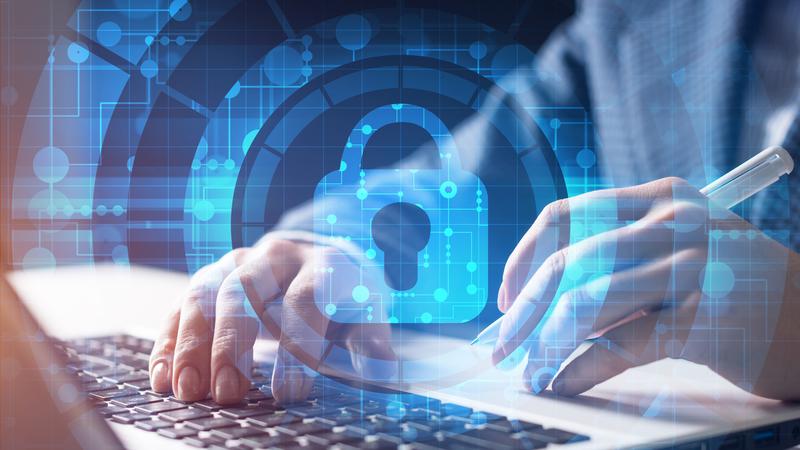
Back to school internet safety tips
With an increased focus on online learning in schools this year the Better Business Bureau is offering tips for internet safety.
The top tip for parents is to watch for children creating website accounts without permission.
Social media sites are ripe with strangers with intentions that may be quite different than yours. Many sites are designed to collect and sell unauthorized user details and behaviours to advertisers looking to engage in targeted marketing,” says the BBB in a release. When creating an account, some kids may falsely create a birthdate to meet the minimum age requirement. Know what your child is doing online, and keep track of the social media sites and accounts to which they have access.
Phishing scams and file-sharing sites are another danger to be aware of.
